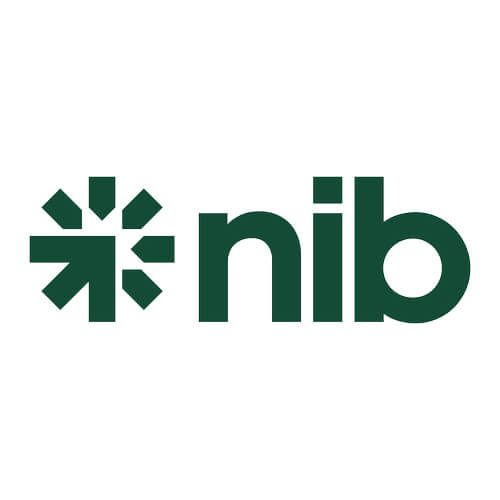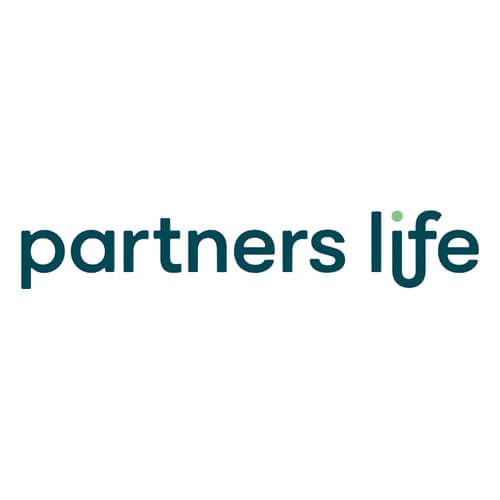Trauma Cover vs. Private Medical Insurance: Why You Need Both for True Peace of Mind
When life throws the unexpected your way, having the right protection in place can be the difference between staying afloat or struggling through financial and emotional upheaval. Many New Zealanders understand the importance of insurance—but when it comes to trauma cover and private medical insurance, there’s often confusion about which is better. The truth? It’s not a matter of either/or—you need both.
Let’s explore why these two forms of insurance are essential companions in a well-rounded financial safety net and how combining them gives you and your family the confidence to face whatever comes next.
Understanding the Basics: What Is Trauma Cover?
Trauma insurance provides a lump-sum pay-out if you're diagnosed with a serious medical condition like cancer, heart disease, or stroke. It’s designed to cover the non-medical costs of recovery—things like mortgage repayments, time off work, household help, or even a relaxing getaway to focus on healing.
Unlike income protection, which provides ongoing payments, trauma cover gives you a one-time payment, giving you the freedom to use the money however it helps most.
Common trauma claims include:
- Cancer
- Heart attack
- Stroke
- Major surgery
- Neurological conditions (like MS)
It’s a cushion against the financial shock that comes alongside a health crisis, providing breathing room during some of life’s hardest moments.
Private Medical Insurance: What It Does (and Doesn’t) Cover
Private medical insurance, on the other hand, is about access—giving you faster treatment times, your choice of specialists, and access to private hospitals. It’s not about giving you cash-in-hand; it’s about avoiding long waitlists and getting back to good health sooner.
With New Zealand’s public health system under pressure, private medical cover is increasingly important for:
- Diagnostic tests (MRI, CT scans)
- Non-urgent surgeries
- Specialist consultations
- Ongoing treatments
For example, a knee replacement might take 6–12 months or more in the public system. With private health insurance, it could be done in just weeks.
But here’s the catch: private health insurance doesn’t pay your mortgage or help cover time off work. That’s where trauma cover steps in.
Why It's Not One or the Other: Real-Life Scenarios
Imagine this:
Scenario 1: Emma, 42, is diagnosed with breast cancer. Her private medical insurance covers her immediate access to oncology consultations, surgery, and follow-up treatments. But she’s forced to take six months off work. Her trauma cover gives her a lump-sum payment, which she uses to pay her mortgage and support her family while she focuses on recovery.
Scenario 2: Paul, 55, needs non-urgent heart surgery. With private health insurance, he avoids a six-month wait and is operated on within three weeks. But during recovery, his energy levels are low, and he can’t return to work for several months. Again, his trauma cover fills the income gap.
These two types of insurance are designed to work in tandem—not as competitors but as partners. Where one stops, the other picks up the slack.
How They Complement Each Other
| Feature | Trauma Insurance | Private Medical Insurance |
|---|---|---|
| Pay-out Type | Lump-sum payment | Pays directly to providers |
| Purpose | Financial support for lifestyle needs | Access to faster, high-quality medical treatment |
| Conditions Covered | Specific critical illnesses and major medical events | Wide range of treatments, including diagnostics and surgery |
| Flexibility of Use | Can be used for anything (bills, childcare, travel) | Only covers medical-related expenses |
| Recovery Support | Covers loss of income and recovery expenses | Provides clinical care, but not income replacement |
Together, they form a comprehensive safety net - ensuring both fast treatment and financial resilience.

Current Stats: Why This Matters in NZ Right Now
New Zealand’s public healthcare system is facing real challenges—and it’s affecting thousands of families.
As recently reported by the NZ Herald, hospitals across the country are now operating surgeries on weekends to clear growing waitlists. This initiative supports Te Whatu Ora’s national target to ensure no patient waits longer than 365 days for treatment by mid-2025. In support of this, health leaders unveiled a 101-point action plan to overhaul and accelerate surgery access.
But despite these efforts, the pressure on the system means delays are still common—and patients often wait months for essential treatment.
This helps explain why an estimated 32% of New Zealanders now hold private health insurance, according to the Financial Services Council’s Insights & Trends: Healthcare report. While this coverage can ensure faster access to specialists, tests, and surgery, it still doesn’t replace your income if you’re too unwell to work.
That’s where Trauma Insurance comes in—providing a lump-sum payout when you’re diagnosed with a serious illness, helping cover living expenses and recovery time without financial strain.
Together, Private Medical Cover and Trauma Insurance create a safety net that supports both your health and your financial wellbeing when life takes an unexpected turn.
The DormFIN Difference:
Personalised Protection That Covers All Bases
At DormFIN, we don’t believe in one-size-fits-all insurance. Our approach is personal, empathetic, and built around your unique needs.
We take the time to sit down with you—at your home, a café, online, or soon, at our new premises (more details coming soon!). Our goal is to understand your lifestyle, health concerns, and financial commitments so we can tailor a plan that truly supports you.
We recommend integrated insurance solutions that combine trauma and private medical cover to give you:
- Fast access to quality healthcare
- Financial support when you can’t work
- Peace of mind for your family
As trusted insurance brokers, we also work with leading New Zealand providers to ensure you're getting the most competitive options available—always designed with your long-term security in mind.
How to Decide What You Need
If you're unsure where to start, ask yourself:
- Do I have savings to cover months off work if I fall ill?
- Would I prefer to skip public health system waitlists?
- Can my family cope financially if I’m unable to work during recovery?
- What lifestyle do I want to maintain while recovering from a serious illness?
If your answer to any of those questions raises concerns, it's time to look at a combo plan that includes both trauma and medical cover.
Real Protection for Real Life
Life isn’t predictable. You can’t always plan for what’s coming—but you can prepare. Trauma cover and private medical insurance work best when they’re working together, giving you control over your health and finances no matter what happens.
Don't leave your recovery or your financial well-being to chance.
Let DormFIN help you stitch together the safety net that fits you perfectly.
Ready to Chat?
Book a no-obligation consultation with one of our friendly advisors today. Whether you’re just starting your insurance journey or reassessing what you’ve already got, we’ll guide you every step of the way—with empathy, clarity, and a hot cuppa if you’d like.
Contact us here:https://www.dormfin.co.nz/contact









